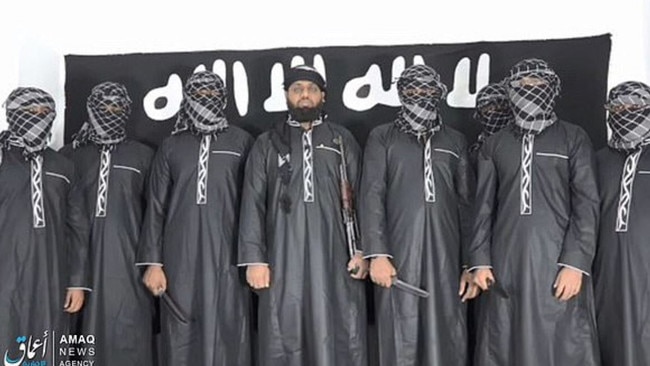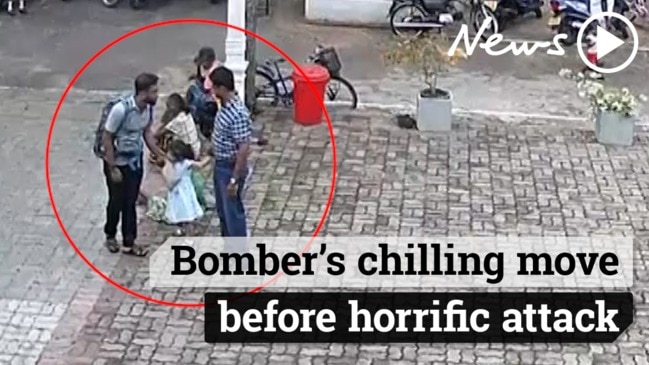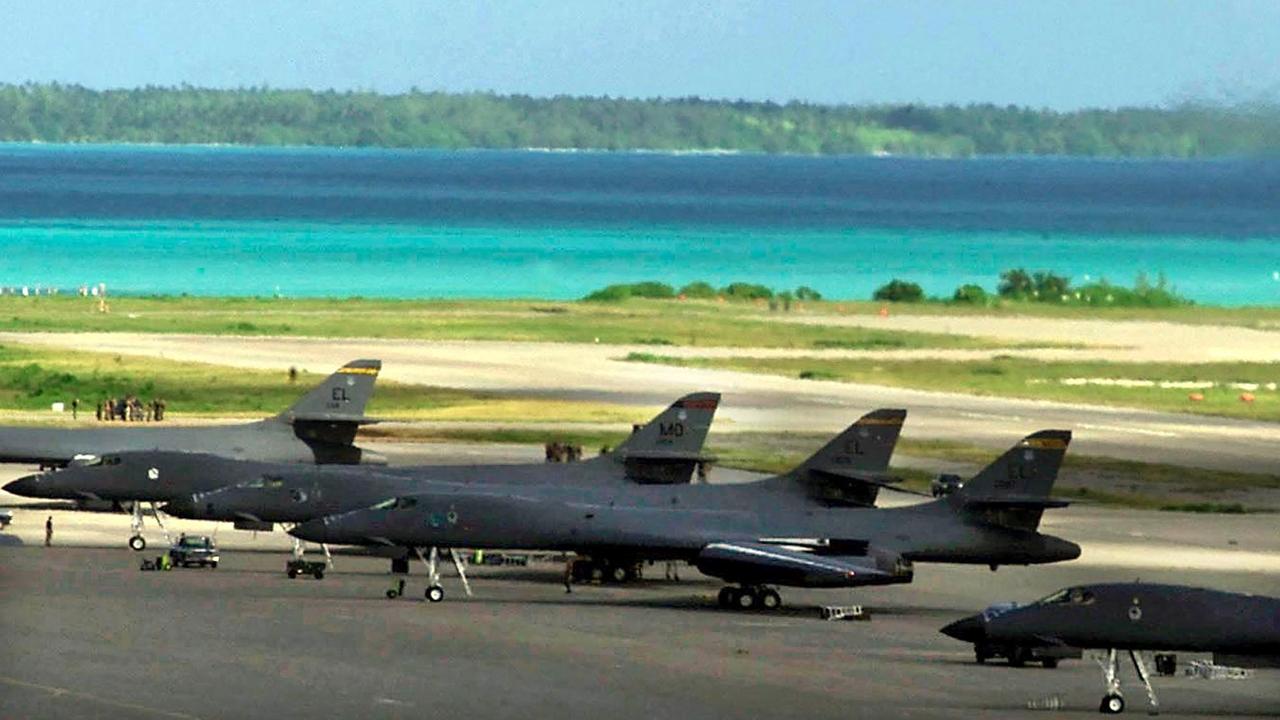ISIS ideology gave the Easter bombers flag of convenience
Sri Lanka’s tourists and Christians were easy targets for jihadis dressed in ISIS ideology.

As Islamic State lost its caliphate in Iraq and Syria, many security forces around the world asked where and how it would resurface.
Would it turn into a standard guerrilla organisation in those two war-torn Middle Eastern countries, reverting to insurgent type? Or would it set up a new caliphate or headquarters in one of the several countries where it has well-established operations, such as Libya, Egypt or even the Philippines?
The bombings in Sri Lanka, claimed by the Isis-affiliated news agency Amaq yesterday, show that there is no real answer. The attack is one of Isis’s largest and yet the country was hardly on the radar of international jihad-watchers.
Perhaps there is no real question to answer: Isis, in a sense, exists mostly as an idea, to which anyone who wishes to indulge in violence can subscribe. That seems to be the case in Sri Lanka, where the assailants may have been helped by local Isis fighters returning from Syria but their core seems to have been an existing radical cell.
The attacks on Easter Day may mark definitively the moment where the divorce between al-Qa’ida, with a calculated ideology and clearly defined “centre”, became easy to distinguish from Isis, an essentially opportunistic and nihilistic movement, albeit one inspired by religion.
The handful of hardline Islamists who have been active in Sri Lanka for some years, and who called themselves National Thowheeth Jamaath (NTJ), were not known before the weekend to have declared “baya” or allegiance to Abu Bakr al-Baghdadi, the leader of Isis. Even now that Isis has claimed responsibility, it is hard to be sure what form that oath took. The video released alongside a statement giving the attackers’ names and showing them swearing the oath is not dated, neither is it clear when Isis would have received it.
Such declarations are rarely kept secret. This was clearly made in preparation for this particular attack, and as in other previous cases may have been sent as it began.
The bombings may have been prepared in consultation with “Isis HQ”. Or it may be that it did not find out about them until they were happening.
However, the exact relationship between NTJ and Isis and its extent may not matter. A large number of Isis branches operating across the world predate Baghdadi and even the terrorist network itself but have chosen to become part of it.

That decision does not necessarily make a difference to their methods or beliefs. Abubakar Shekau has been leader of Boko Haram, the Nigerian group, since 2009, a year before Baghdadi came to the fore in Islamic State. The Nigerian swore allegiance to Baghdadi in 2015 but it is hard to see this experienced and ultra-violent gang boss taking orders from halfway across the world. At times he has specifically rejected advice publicised on Isis channels to moderate some of his activities.
Nor has he received any military help in return for his allegiance as he has been pushed back from his strongholds. The reality is that he swore his oath as a form of public relations, to cash in on Baghdadi’s apparent success as he seized large parts of Iraq and Syria and assumed the title “caliph”. Allegiance made his followers and potential followers feel they were part of something bigger and greater, and rallied them against a military fightback from the Nigerian army.
Baghdadi himself saw the importance of this, telling adherents in 2016 not to travel to the shrinking “caliphate” but to organise and assist in its global franchises.
Such devolution of decision-making, even in the face of criticism, is key to Isis’s success. Ruwan Wijewardene, the Sri Lankan defence minister, has claimed that the attacks were a retaliation for the shootings last month at mosques in New Zealand, which killed 49 people; something that appears to be borne out by the Amaq press releases. An operation of this scale would have been hard to engineer in that time frame. But again, the idea that Sri Lanka was in some way chosen to carry out an official Isis response is probably an exaggeration of Baghdadi’s day-to-day control.
It is more likely that Sri Lanka’s thriving tourist industry and sizeable and unprotected Christian community were obvious soft targets for a new jihadist group keen to make its mark. And it is the softness of the target that matters most, and that changes from place to place.
In Nigeria the “soft target” was the Chibok girls’ school. In Sinai, in November 2017, it was a Sufi mosque, where 311 worshippers died. In Manchester in May 2017 it was a pop concert.
In other places it has been the easiest target of all: passers-by on a pavement, victims of a lone jihadist with a grudge and a vehicle. That makes it almost impossible for security forces to know where they should be vigilant, other than in places that they have previously not thought of. The upside is that the softer the target, the less its military value in conventional strategic terms. Isis is not going to seize territory by attacking Christians in Sri Lanka or schoolgirls in Manchester.
However, the territorial “caliphate” has been abandoned for now. For its ability to set people against each other, as the New Zealand attack showed, Isis’s modus operandi is devastatingly effective.
The Times


